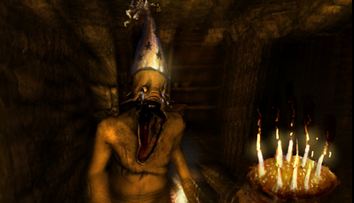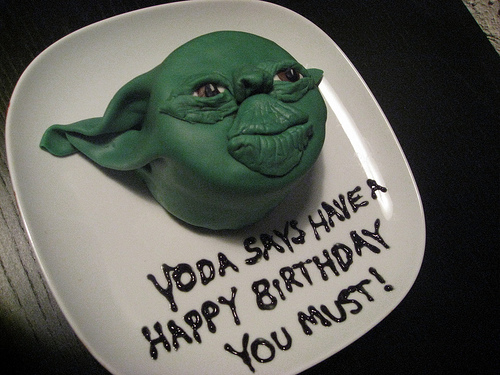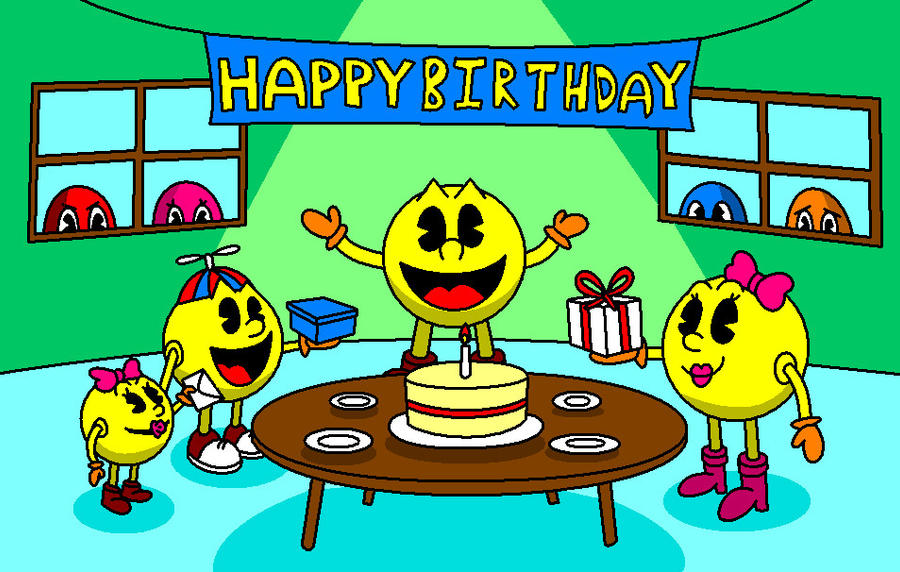Happy Birthday Games Biography
Decades of focusing on the darker side of family life had left historian Elizabeth Pleck longing for a happier topic, which birthdays have proven to be. "When I talk to people about birthdays, they remember their own and start smiling and laughing," says Pleck.
Picture this: it is Saturday afternoon and you are standing in a strip-mall entertainment center watching half-a-dozen groups of pizza-and-pop-fueled children blast out a chorus of "Happy Birthday to You." They gobble down their cake and race from one video game to the next. As the clatter reaches ear-piercing levels, you remind yourself that there are three more such parties next week. You lean over to the dazed parent next to you and lament, "What ever happened to an ol' fashioned party at home."
Craving a simpler past is understandable, says historian Elizabeth Pleck, who recently traced the history of birthday parties. However, nostalgia can play tricks with memory. So, she cautions, before you cancel your reservations at the pee-wee golf center, give historical party traditions another look. You may be better off than you think.
For instance, for a truly old-fashioned birthday, you'll need a house full of servants and room for a ball. Brushing up on your manners will also help. In the early 1800s, well-heeled Victorians seized on the notion of a children's party as a way to showcase their wealth by simultaneously indulging their children and instructing them in etiquette. Even party games had a socializing function, such as teaching the boys how to lead in formal dance. Party gifts were from parents to child, and significantly, sometimes from child to the servants. The unmistakable intention of the party "was to teach children the manners they would need to assume their place of privilege in society." Consequently, birthdays were large and extravagant, orchestrated by the mother, usually with the help of a sizable staff.
If you skip the etiquette lessons in your Victorian party, you can still enjoy a hefty fruit or nut cake decorated with candles, an idea borrowed by the Victorians from the Germans. The traditional two-layer cake arrived in the 1840s following the invention of the freestanding cookstove. Ice cream, goody bags, paid entertainment, and outings followed a few decades afterward. Still no "Happy Birthday to You"—the song was not a party standard until 1934, when it was featured in a popular musical.
Parties circa the turn-of-the-last- century look more familiar. They often revolved around themes and were smaller in size, with children of the same age. The rise in schools that were divided into grades by age prompted the latter. Mothers also had ceded control over the guest lists to their children, urged on by the child psychologists of the day who thought this responsibility encouraged independence among these budding industrialists. The smaller party was a practical matter. By the 1920s, appliances had eliminated servants in most middle-class homes, and moms didn't want to clean up after 20 to 40 youngsters. A few mothers packed their partygoers off to the movies, risking the rebuke of the women's magazines for compromising the art of family entertainment.
When birthday parties went mainstream is unclear, but Pleck suspects it was during the post-World War II boom years. By the 1950s they were entrenched as a right of childhood for all. "Children not only expected to have a birthday party," says Pleck, "but the absence of one was virtually a sign of neglect."
Most of the traditions about which the present generation is nostalgic stem from this era. Remember Pin the Tail on the Donkey and three-legged races? Mothers often referred to popular party manuals, which described the rules and proper decor for parties for every age. Personally, Pleck's favorite birthday memory is vintage 1950s: she dressed in a cowgirl outfit and ate a two-layer cake with a carousel on top.
The downside of these 1950s parties, Pleck reminds us, is that they set expectations for mothers that were suitable only for an "Ozzie and Harriet" family. As women moved into the workforce, this expectation shifted slowly. "Even as late as the 1990s, some sociologists were warning against 'outsourcing' family life," says Pleck. "Women won a victory, of sorts, by gaining acceptance of paid entertainment, but it has been accompanied by guilt and sometimes at the expense of satisfaction for parents."
What parents may need to appreciate now, says Pleck, is that as a cultural custom, birthday parties will continue to change. Maybe a future trend will be parties that parents and children enjoy equally.
Happy Birthday Games Happy Birthday Cake Quotes Pictures Meme Sister Funny Brother Mom to you to me Pictures

Happy Birthday Games Happy Birthday Cake Quotes Pictures Meme Sister Funny Brother Mom to you to me Pictures

Happy Birthday Games Happy Birthday Cake Quotes Pictures Meme Sister Funny Brother Mom to you to me Pictures
Happy Birthday Games Happy Birthday Cake Quotes Pictures Meme Sister Funny Brother Mom to you to me Pictures


Happy Birthday Games Happy Birthday Cake Quotes Pictures Meme Sister Funny Brother Mom to you to me Pictures

Happy Birthday Games Happy Birthday Cake Quotes Pictures Meme Sister Funny Brother Mom to you to me Pictures

Happy Birthday Games Happy Birthday Cake Quotes Pictures Meme Sister Funny Brother Mom to you to me Pictures

Happy Birthday Games Happy Birthday Cake Quotes Pictures Meme Sister Funny Brother Mom to you to me Pictures

Happy Birthday Games Happy Birthday Cake Quotes Pictures Meme Sister Funny Brother Mom to you to me Pictures

Happy Birthday Games Happy Birthday Cake Quotes Pictures Meme Sister Funny Brother Mom to you to me Pictures

No comments:
Post a Comment